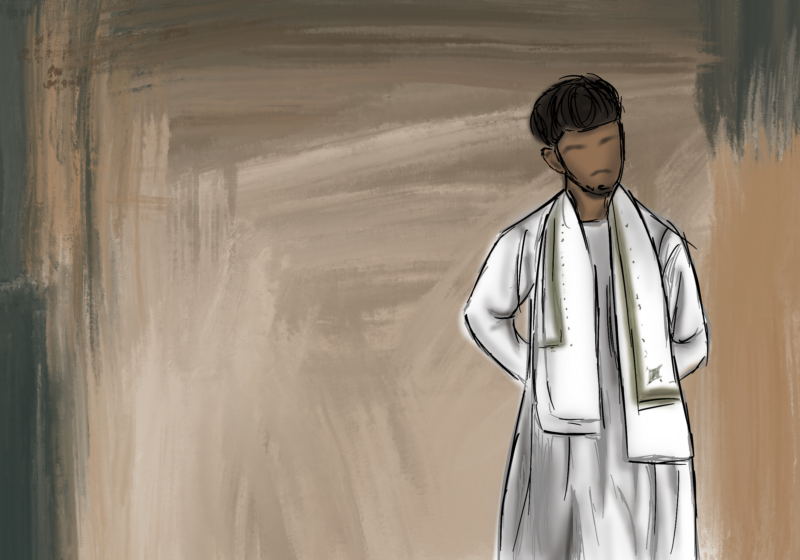I figured it would be appropriate, now, to move onto harder-hitting topics. And by harder-hitting topics, I mean whiskey. It hits hard.
I am a whiskey man. My love of whiskey is profound enough that my nickname with several people is not my actual name, Scott, but rather Scotch. It makes me proud, honestly. Probably my favorite whiskey is good old bourbon. Bourbon is a magical elixir. It can be drunk neat, on the rocks, with coke, or in a variety of extremely tasty cocktails. Hell, you can even use it in a marinade for steaks and chicken. Like I said, magical elixir. But there are many things about bourbon that I never knew and you may not know either. And so, I dedicate a column to the pride of America, our native spirit: bourbon!
I originally thought that bourbon was made only in Bourbon County but this actually isn’t true. There are many equally fine brands of bourbon made in Tennessee, Colorado, even New York!
The true definition of a bourbon is a distilled spirit consisting of at least 51 percent corn, distilled to no higher than 160 proof, contains no caramel color and is aged in new American white oak charred barrels for two years at a proof no higher than 125. The classification for bourbon has absolutely nothing to do with location or lineage (although a long line of Kentucky distillers doesn’t hurt).
However, such iconic whiskeys such as Jack Daniels aren’t actually bourbons at all they are Tennessee whiskies. The main difference lies in the fact that bourbon cannot be artificially colored or flavored. The Lincoln County Process, or the act of filtering new make whiskey through sugar maple charcoal, is actually defined as imparting a flavor on whiskey and subsequently means the resulting spirit cannot be claimed as bourbon.
Also, Jack Daniels may not have a 51percent corn composition, although no one really knows for sure except Jack Daniels himself and the Feds. Aside from this corn composition, bourbon is mainly comprised of malted barley and rye, which give it a smooth body with a slight spiciness. However, the exact proportions vary between each whiskey and this gives it a distinctive taste.
The aging of whiskey is also fascinating. If you’ve ever gone to a garden center and seen those gigantic barrel planters, chances are you’ve seen the inside of a bourbon barrel. Charred black, these new American oak beauties hold the precious bourbon to age slowly and nurture the bourbon into delicious nectar as the years pass. The barrels of bourbon, after being filled, are put into a maturation warehouse, where the magic happens.
The constant heating and cooling of the seasons actually force the spirit inside into the wooden barrels it’s housed in, drawing out the essential oils in the wood, which give bourbon that vanilla and oak flavor. The charring gives it a pleasant toasty flavor as well. This barrel aging defines the flavor of bourbon almost as much as the fermentable composition does. The level of char on the barrel, the size of the barrel, the location in the house all of these help determine the flavor of the bourbon.
I bet by now you’re bored with all the technical mumbo-jumbo and just want to get onto my recommendations and, frankly, I can’t blame you. Luckily enough, bourbons are relatively cheap due to a lack of importing fees and such, so you can get some good deals. My favorite is Buffalo Creek, a soft and smooth bourbon that is rather sweet and with a strong vanilla character. For a proverbial ‘bar-fight in a bottle,” go with 1792 Ridgemont Reserve. I think it has high rye content so it’s spicy and fiery, and it goes down like a punch to the throat, but in a good way.
For cheaper bourbons, Jim Beam Black Label and Evan Williams Green Label are both easy to drink neat or with cola or in a cocktail.
Spolverino is a member of the class of 2010.
His e-mail address is scott.spolverino@rochester.edu.




